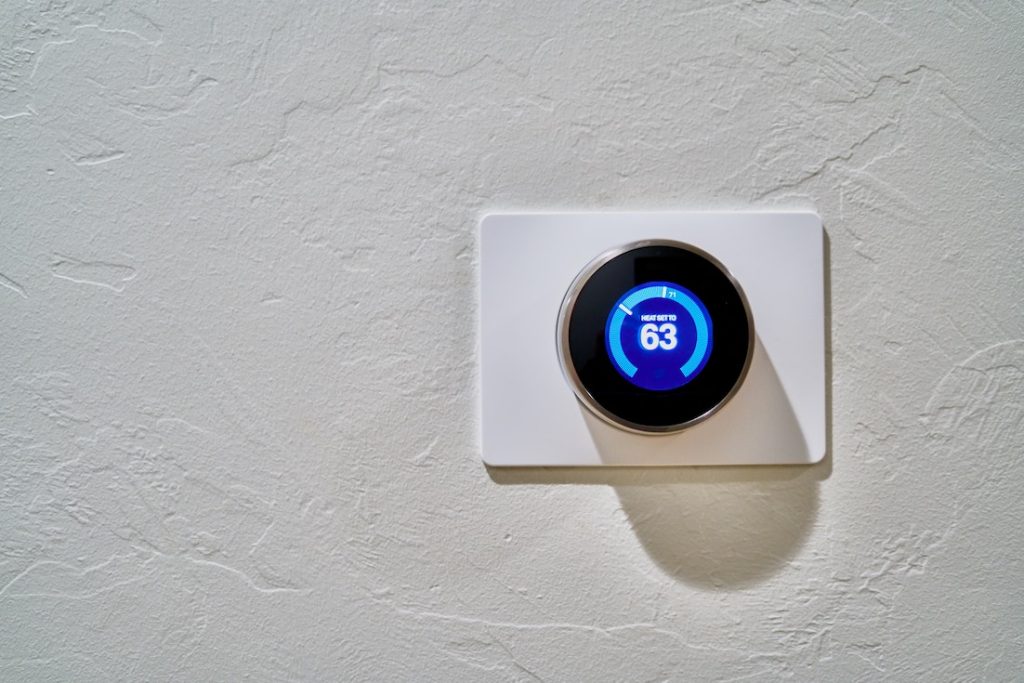I was thinking about adding some smart technology to my home. I had been visiting a friend who had Alexa set up to control all sorts of different things in the house. I got a kick out of saying, “Alexa, turn on …” and choosing the lights I wanted on and off, the music I wanted playing, and so forth. I’ve seen those commercials with the refrigerators and ovens that practically do everything themselves with just the sound of a voice. We’re all moving towards having some version of smart homes. However, when I looked into the costs of just a few of those things, I wasn’t so sure anymore.
Do Smart Homes Save Money?
I’ve always figured that smart homes generally cost money to set up but have the potential to save money in the long run. However, I think that type of thinking primarily comes from the type of smart technology that makes a home more energy-efficient. When it comes to all of the technology available today to make a home more convenient, it may not actually save money. In fact, setting up a smart home can probably cost a lot of money that you don’t recoup. So, I’m trying to figure it out; do smart homes save money? Or do they at least have the potential to pay for themselves?
Energy-Saving Technology Can Save Money
Doing my research confirmed what I expected. It is possible for smart homes to save money if you’re talking about smart technology that saves energy. In other words, if you update your house to reduce energy waste then over time you can save a lot of money on energy bills. I found a helpful infographic that showed how some of this technology pays for itself then saves you money over the long run.
In fact, that research reminded me that I can make small investments that could make a difference. For example, I never thought about getting smart power strips. I use tons of power strips in my home already. Smart power strips monitor energy usage and turn the power off when it’s not in use. That could be really convenient. It could save energy. I like the green aspect of saving energy in addition to the fact that it helps me save money.
A smart thermostat is another really popular device in smart homes. It seems to also pay for itself in terms of quickly offering cost-effective energy savings. Of course, one could argue that simply setting your own thermostat to appropriate temperatures would achieve the same effect. So it’s not that we need the technology to save energy, necessarily, but it might be a small investment to make doing so more convenient.
Convenient Technology Doesn’t Necessarily Save Money
Some of the other technology in smart homes doesn’t seem like it pays off, though. For example, that same infographic shows details about smart refrigerators. A smart refrigerator can actually show you when items are about to go bad. Arguably, you might then use more of your food in time, and not wasting it could save you money. But it doesn’t save you that much. According to the infographic, it takes thirty years for a smart refrigerator to pay for itself. That’s before you would even start saving money thanks to it. Technology often needs frequent updates and repairs so it’s unlikely you’d keep that refrigerator much longer than thirty years (if you even make it that long).
Will I Invest In Smart Home Technology?
So, here’s what it boils down to … it doesn’t make financial sense for me to buy most types of smart technology for my home. The things that are most fun and add convenience generally cost more than they save. However, there might be a few small changes (smart power strips, smarter lighting) that could actually save me money in the long run. I don’t need them. It’s not something I’m going to get at this time. But as the technology keeps changing, I’ll keep reviewing the costs and benefits. It may make sense for me to look at smart homes again in the future.
Read More:
- Should We Tax Robots?
- 5 Must-Have Technology Tools for Your Small Business
- Simple Ways to Save on Energy Costs at Home
Kathryn Vercillo is a professional writer with more than a decade of experience writing about healthy living and personal finance. She lives in San Francisco, where she has learned to maximize frugal living tips in order to thrive as a freelancer in one of the nation’s most expensive cities. When she’s not writing, she’s exploring the city on foot with her rescue dog. Learn more about her at www.kathrynvercillo.com.
Kathryn also writes about saving money with coupons over at GroceryCouponGuide.com



